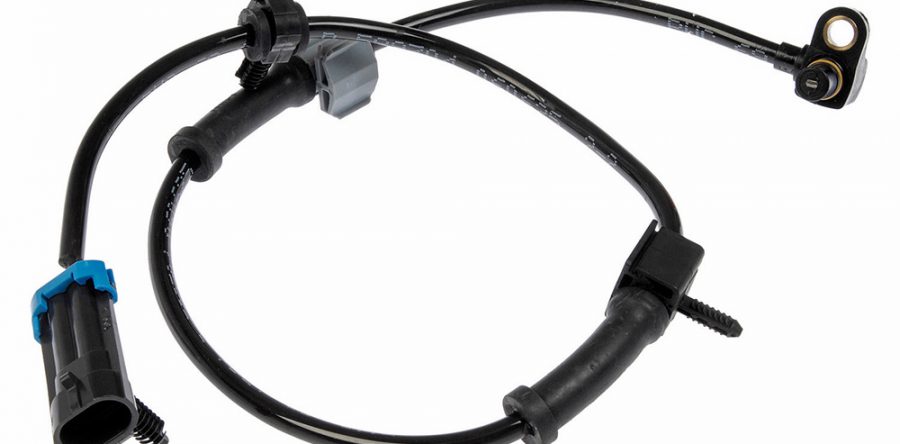March 14, 2013 - A deer races across the road in front of you. Without even thinking, all of your instincts take over. Your heart rate escalates, your blood pressure goes up, and without even thinking you begin to take control. You slam the brakes and begin to swerve.
You don’t think. You don’t have time to do that just yet. You just react. Hopefully all the elements are in place and the stars align and you avoid injury. Now…just for a second, imagine what kept you safe. What made you able to slam the brakes without increased danger from skidding out of control?
This modernized safety feature has probably saved countless lives since its inception into the automotive industry. With some early beginnings in the 1960’s and eventual modernization beginning in the 1970’s onward, the anti-lock braking system (ABS), has evolved continually across time.
The ABS system is a pretty high tech wonder yet an overly simplified breakthrough. Considering the amount of control this system exerts over thousands of pounds of exertion force, it’s nothing less than amazing.
The ABS system helps your vehicle maintain adequate brake pressure regardless of what’s going on. The system consists of a hydraulic control unit, the actual ABS control module, and brake sensors on all four wheels. Though this is simplifying a bit, here’s how they work.
The ABS sensors are the bosses. You have to take care of the boss. They tell the control unit to increase or decrease the hydraulic pressure that’s needed. The sensors are actually pretty smart cookies. They actually monitor what’s going on in the rotational velocity of the wheels. When they sense something different, they tell the control unit what to do and thus prevent locking-up and skidding.
Just like anything, the ABS is not fool proof. Other factors such as weather, speed, adequate upkeep of the vehicle, can affect how efficient the system performs, but generally speaking, the ABS is an exceptional piece of your overall vehicle safety features. However, you are responsible for making sure your vehicle is running in top form.
You can do this by making sure you always take your vehicle in to your trusted mechanic or if you are so inclined do your own maintenance checkups. But, whichever you do, follow your manufacturer’s guidelines for maintenance and ALWAYS make sure your ABS sensors are functioning correctly.







